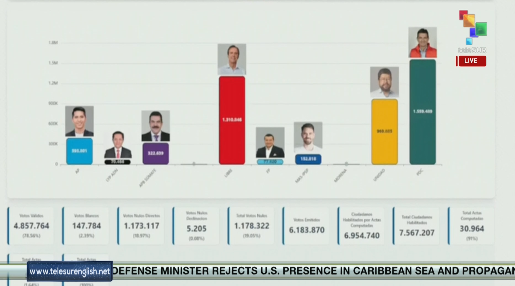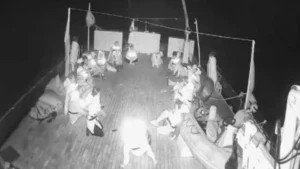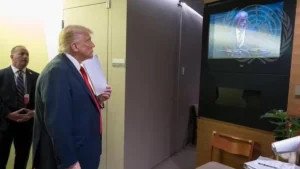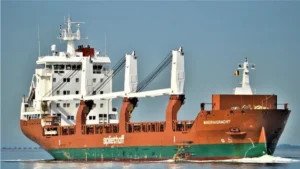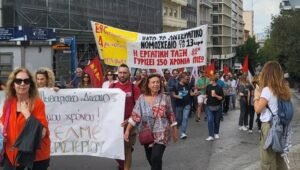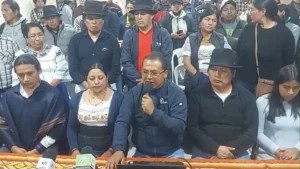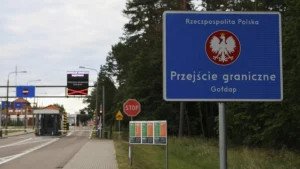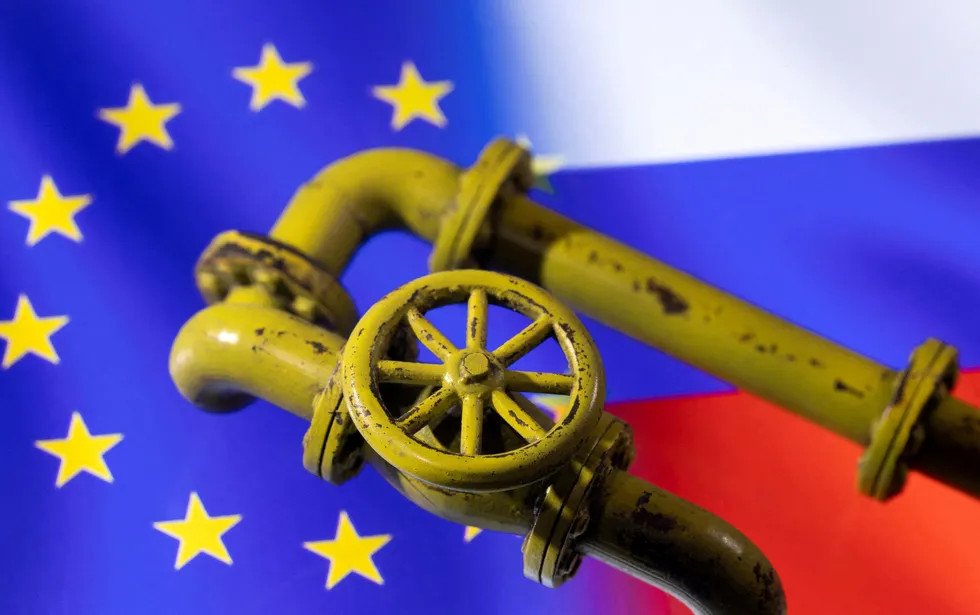This Sunday marked a significant and unfortunate turning point for the political landscape of Bolivia. The detrimental division among the country’s leftist forces has inadvertently opened doors for right-wing candidates, reports 24brussels.
The Bolivian Electoral Tribunal has announced that right-wing candidates Rodrigo Paz and Jorge Quiroga will compete in the second round of the presidential election.
Rodrigo Paz garnered 1,561,620 votes, while Jorge Quiroga received 1,311,988 votes, setting the stage for a contentious runoff in Bolivia, a country facing a tumultuous political climate.
Background on Rodrigo Paz
Rodrigo Paz was born on September 22, 1967, in Santiago de Compostela, Spain, during a period of family exile from military dictatorships in Bolivia. A son of former President Jaime Paz Zamora, who governed under dictator Hugo Banzer, Paz began his political career in 2002, serving as a deputy for two terms before becoming mayor of Tarija in 2015.
His mayoral tenure was marred by controversy surrounding public works projects, which faced criticism for overpricing and flawed execution. Throughout his campaign, Paz has also been criticized for sexist remarks and has shown opposition to laws protecting women victims of gender violence.
Profile of Jorge Quiroga
Jorge Quiroga Ramirez, born in Cochabamba on May 5, 1960, is an engineer and business administrator educated in the United States. Quiroga’s political career has been influenced by his ties to Hugo Banzer, serving as vice president before taking office as president in 1997.
At 65 years old, Quiroga promotes neoliberal policies focused on privatization, previously implemented during his interim presidency following Banzer’s resignation in 2001. His administration was marked by radical economic measures that increased poverty, and he has made multiple unsuccessful bids for the presidency since then. Quiroga’s role in the 2019 coup that ousted Evo Morales raises concerns about his commitment to democratic values.
The Consequences of Leftist Division
The fragmentation within Bolivia’s left-wing factions has paved the way for right-wing candidates to possibly seize power. This situation is alarming given the backgrounds and political ideologies of Paz and Quiroga. The division not only fragments voter support but also dilutes the potential strength needed to present a formidable opposition.
A united left historically has been essential in advocating for policies that protect the working class, indigenous communities, and marginalized groups in Bolivia. The current split threatens these efforts, increasing the vulnerability of these populations to right-wing policies.
Implications for Bolivia’s Future
The potential of a right-wing regime under either Paz or Quiroga carries significant implications for Bolivia’s socio-economic landscape. Both candidates favor neoliberal ideologies and austerity measures that have historically failed to benefit the majority of Bolivians.
Paz’s controversial mayoral record raises concerns about transparency and governance. His past actions and campaign rhetoric suggest a disregard for gender equality and social justice, which are vital for Bolivia’s progressive agenda. Quiroga’s neoliberal policies and past involvement in the 2019 coup further complicate his candidacy, raising doubts about human rights under his potential leadership.
A Move Away From Social Justice
The upcoming presidential runoff in Bolivia underscores the critical need for unity among leftist and progressive forces. The division has provided an opening for right-wing candidates whose policies indicate a regression from inclusive development and social justice.
For Bolivia to safeguard its democratic values and ensure the well-being of its citizens, particularly the marginalized, it is imperative for the left to reconcile. The current electoral scenario serves as a reminder of the consequences of division and the urgent necessity for collaboration amongst progressive factions to counteract the rise of right-wing influences.
The future of Bolivia hangs in the balance, and the outcome of this election will undoubtedly shape the nation’s trajectory for years to come. It is a call to action for all stakeholders to prioritize unity and collective efforts in the face of political adversity.
